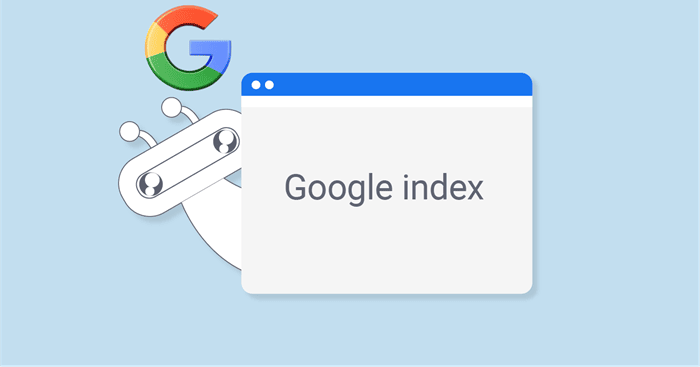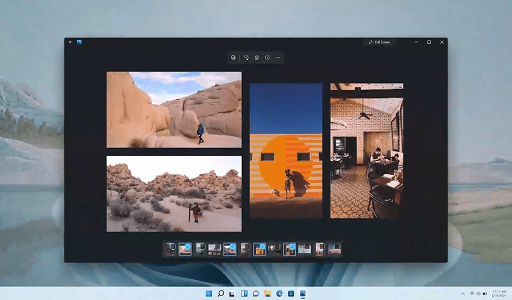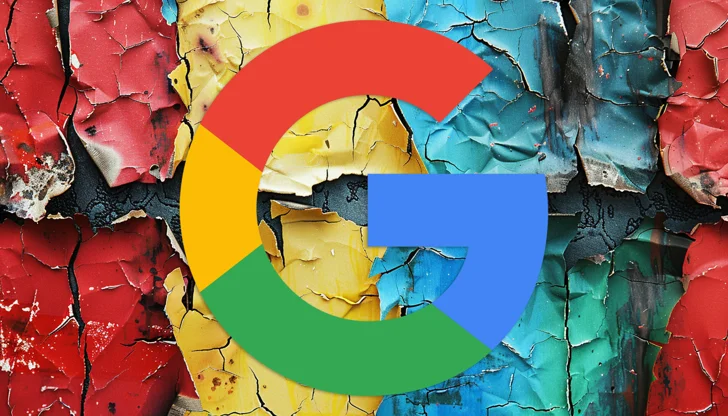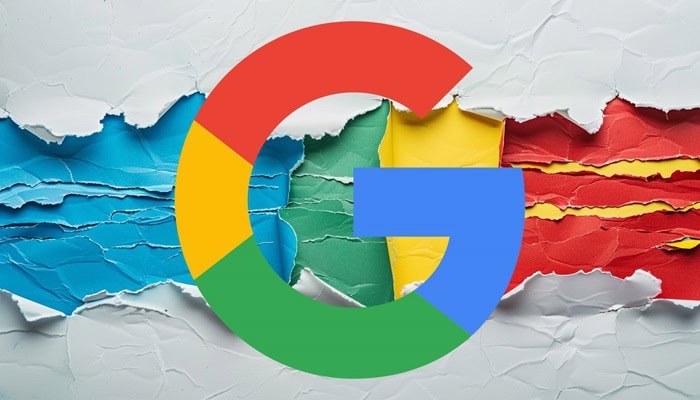Google released a video addressing the process of automatically triggering a complete re-indexing of an entire website. The response assumed that the scenario involved a significant overhaul of the entire website, requiring a comprehensive crawl to ensure the prompt update of Google’s index.
The individual inquiring sought information on whether there was a method to initiate a full-site recrawl.

John Mueller from Google presented the question in the video narration:
“Today’s question is whether there’s a mechanism to request re-indexing of a whole website at once.”
Mueller answered:
“Unfortunately, no. There is currently no way to trigger a recrawl and reprocessing of a whole website all at once.
When you make major changes on a website, search engines will generally update those automatically over time. There’s nothing additional that you have to do.”
Mueller proceeded to outline additional steps that someone requiring a re-indexing should take. The key points he emphasized include:
- Use 301 response codes to notify search engines about webpage redirection, ensuring discovery of the new pages.
- Use 404 server response codes to inform search engines that a page is no longer available or deleted.
- Recognize that Google places a high priority on crawling significant pages, such as the home page. Therefore, strategically linking key pages from important pages can be an effective approach.
- Essential updates, such as changes in telephone numbers (and potentially street addresses), are best documented on the most crucial pages of a website.
301 Redirects and Their Impact
It is crucial to implement a 301 redirect when altering a webpage’s URL. This server response code notifies search engines about the permanent redirection of a page to a new URL, prompting the search engine to locate and index the updated webpage.
When only the URL changes while the webpage’s content remains identical, there should be no significant impact on rankings, except for a brief transition period as the index substitutes the old URL with the new one.
However, if both the URL and the content undergo modifications, there is a potential for triggering a re-evaluation of the site’s quality. This process might extend beyond the expected comfort zone in terms of duration.
In another 2021 video, John Mueller shared insights on the repercussions of significant changes to a website:
“The one time where we do have to kind of reconsider how the site works is if the site does a serious restructuring of its website where it changes a lot of the URLs and all of the internal links change, where maybe you move from one CMS to another CMS and everything changes and looks different.
Then from a quality point of view or from a technical point of view, we can’t just keep the old understanding of the site, of the pages, because everything is different now.
So we kind of have to rethink all of that.
But that’s also not something that is triggered by anything specific but rather it’s just well lots of things have changed on the site and even to kind of incrementally keep up we have to do a lot of incremental changes to re-evaluate that.”
Watch the full video here
Would you like to read more about “Google on How to Initiate a Full Re-indexing Process” related articles? If so, we invite you to take a look at our other tech topics before you leave!
Use our Internet marketing service to help you rank on the first page of SERP.
![]()













